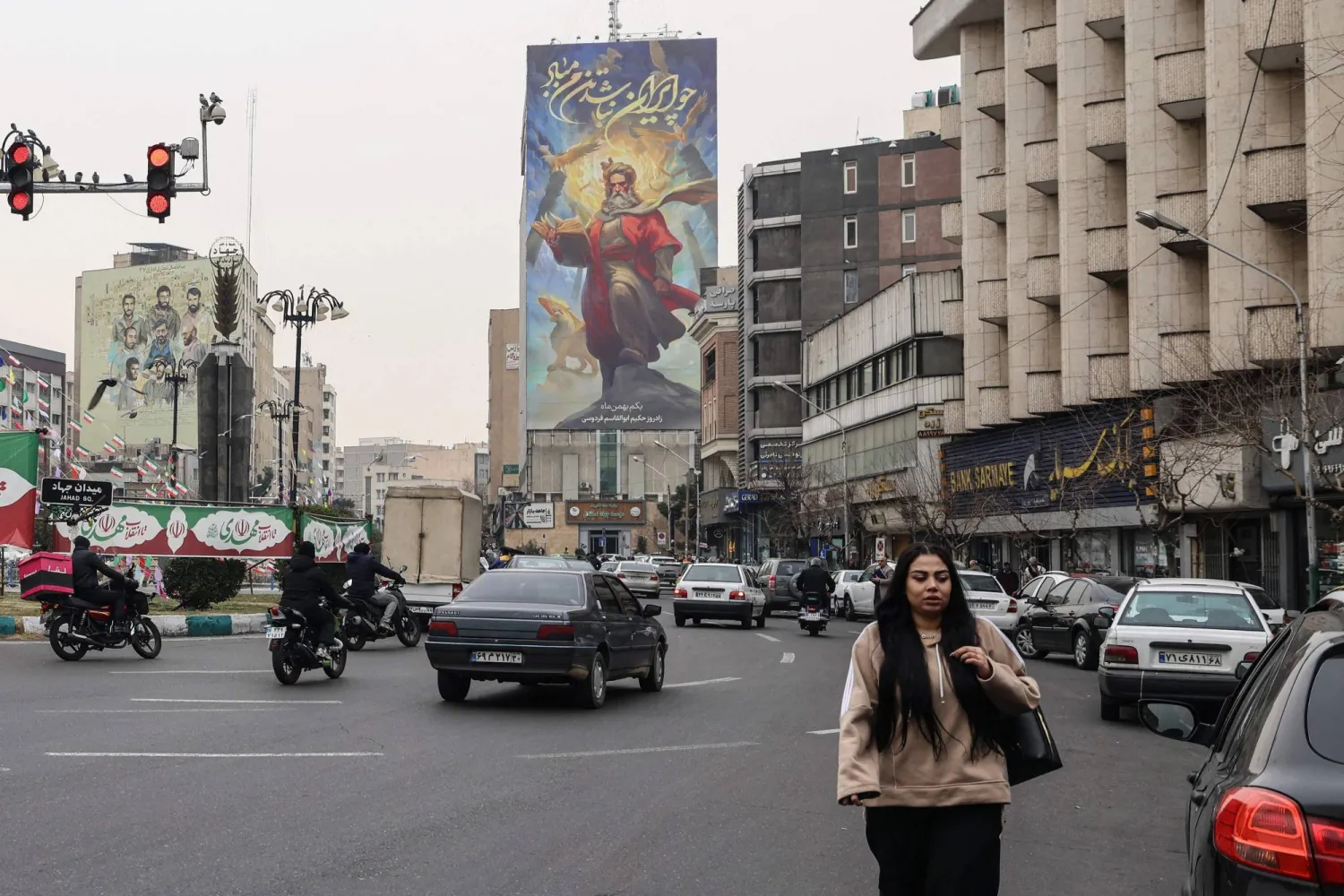Israeli protesters took to the streets for a sixth day on Sunday as Prime Minister Benjamin Netanyahu's cabinet approved a motion of no confidence motion on the attorney general in its latest move against officials deemed hostile to the government.
Tens of thousands of Israelis have joined demonstrations in Jerusalem and Tel Aviv over the past week, as fears for Israeli hostages after a resumption of the bombing campaign in Gaza and anger at moves to sack the head of the domestic intelligence agency have brought different protest groups together.
The removal of Shin Bet chief Ronen Bar, approved by cabinet last week, was followed by a vote of no confidence against attorney general Gali Baharav-Miara, who has frequently clashed with the current government.
After the vote, Justice Minister Yariv Levin called on Baharav-Miara to resign, saying "substantial and prolonged differences of opinion" prevented effective cooperation between the government and its chief legal adviser.
He said he would consult with a committee responsible for appointing the attorney general and bring a proposal for her dismissal.
Final dismissal of Baharav-Miara, a former district attorney appointed under previous prime minister Naftali Bennett, could be months away. But the moves against the two officials have drawn accusations from protesters and the opposition that Netanyahu's right-wing government is undermining key state institutions.
At the same time, families and supporters of the 59 hostages still held in Gaza have vented their anger at what many see as the government's abandonment of their loved ones.
"We are here to make it clear that Israel is a democracy and will remain a democracy," said 46-year-old Uri Ash at a protest in Tel Aviv. "We will overtake this government because it is ruining Israel," Reuters quoted him as saying.
Although the protest groups have different priorities, they have built on mass demonstrations before the Gaza war against the government's moves to curb the power of the Supreme Court.
Netanyahu said at the time the overhaul was needed to rein in judicial overreach that was intruding on the authority of parliament, but protesters said it was an attempt to weaken one of the pillars of Israeli democracy.
Defying Protests, Israeli Cabinet Votes No Confidence in Attorney General

People protest a outside the Knesset, Israel's parliament, in Jerusalem on Sunday, March 23, 2025. (AP Photo/Ohad Zwigenberg)

Defying Protests, Israeli Cabinet Votes No Confidence in Attorney General

People protest a outside the Knesset, Israel's parliament, in Jerusalem on Sunday, March 23, 2025. (AP Photo/Ohad Zwigenberg)
لم تشترك بعد
انشئ حساباً خاصاً بك لتحصل على أخبار مخصصة لك ولتتمتع بخاصية حفظ المقالات وتتلقى نشراتنا البريدية المتنوعة







